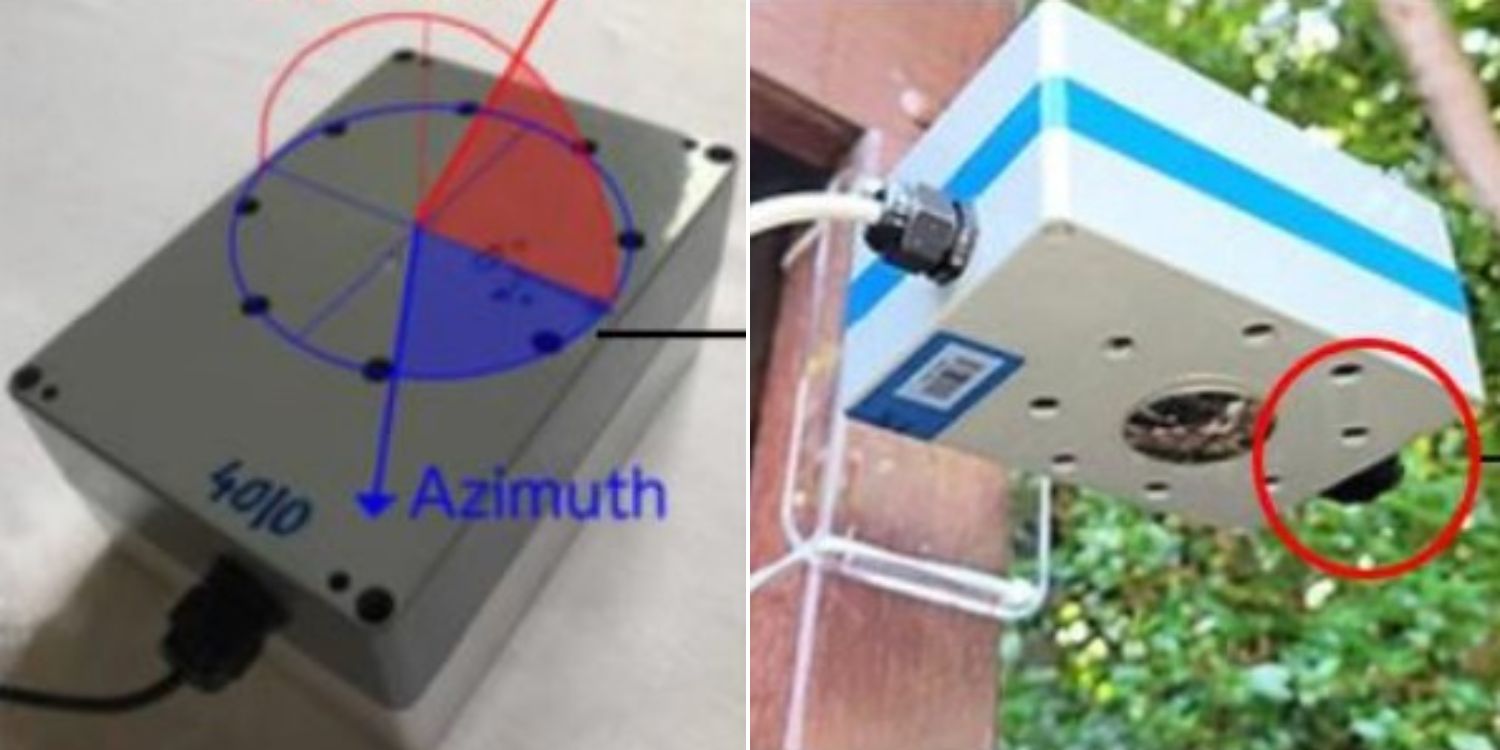Noise sensors only deployed with consent from complainants involved in disputes
To collect evidence in disputes between neighbours, noise sensors might be installed in homes.
This will happen if proposed new laws that aim to resolve such disputes are passed.
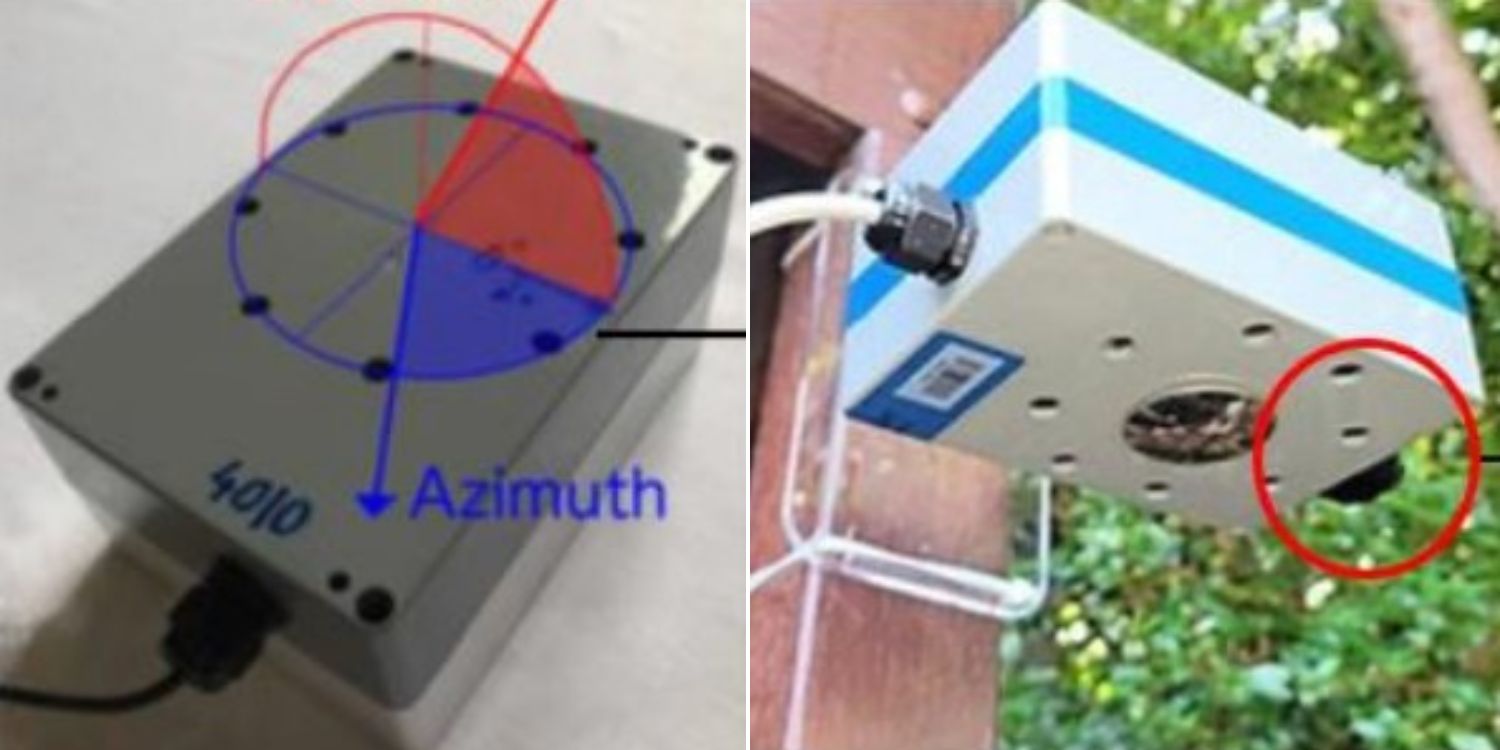
Source: MinLaw, MCCY & MND
Bill to enhance resolving of community disputes to be introduced in Parliament
This new way to help resolve community disputes was revealed in a joint statement from the Ministry of Law, the Ministry of Culture, Community and Youth, and the Ministry of National Development on Monday (12 Aug).
It said the Community Disputes Management Framework (CDMF) was set up in 2014 to facilitate the resolution of neighbourly disputes.
After a public consultation, the CDMF will be enhanced through the Community Disputes Resolution (Amendment) Bill, which will be introduced in Parliament soon.
New govt unit to be started
One of the enhancements will be the starting of a new Government unit: the Community Relations Unit (CRU).
The CRU will be empowered to investigate and take action over “severe neighbour noise disputes and hoarding cases”.
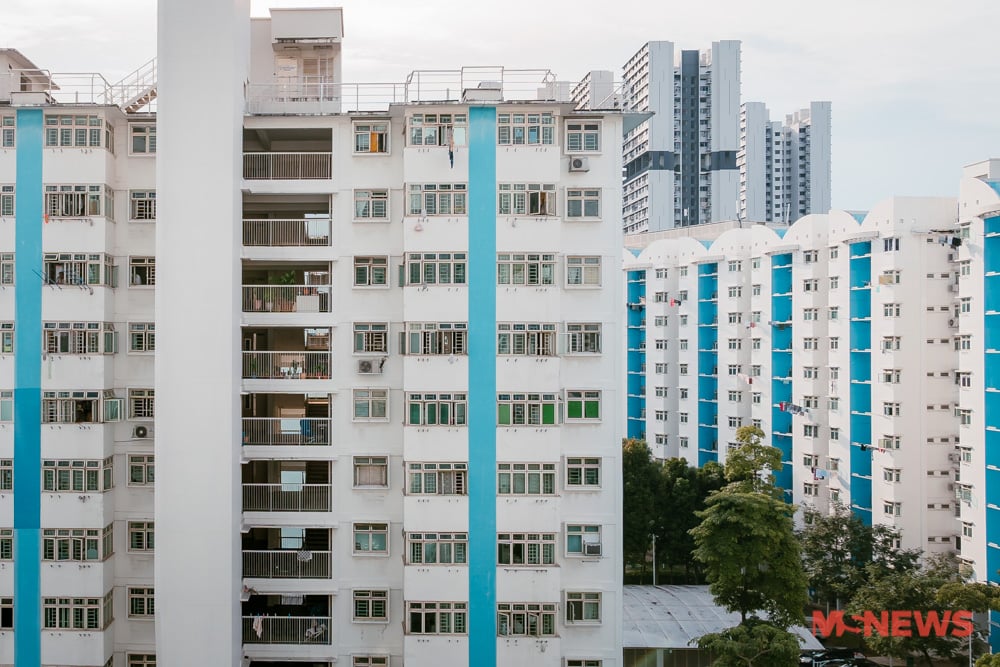
It will be staffed by Community Relations Officers (CROs) and supported by auxiliary police officers, who must identify themselves in the course of duty.
The CROs will have the power to:
- take statements from the neighbours and others who can help with investigations
- enter a place of residence to gather evidence, with the consent of the owner, occupier, or with approval from the Director-General of Community Relations
- issue a direction to require the neighbours involved to attend mediation
- issue advisories, warnings or abatement orders that require the individual to take reasonable steps to stop the noise nuisance
- require the removal of the nuisance-causing object, after sufficient warning and with authorisation from the Director-General
The CRU will run for one year in the HDB estates of one to two towns, starting with Tampines.
CRU can install noise sensors to resolve disputes
The CRU will also have the power to install noise sensors to collect objective evidence in the case of noise disputes.
These devices will be deployed only with the consent of the owner or occupier of the affected units.
If the noise sensors are deployed in common areas, the managing agents must give consent. If no consent is given the sensors will not be deployed.
Sensors can find source of noise disputes
The noise sensor works by making use of its eight directional microphones that can find the source of the noise.
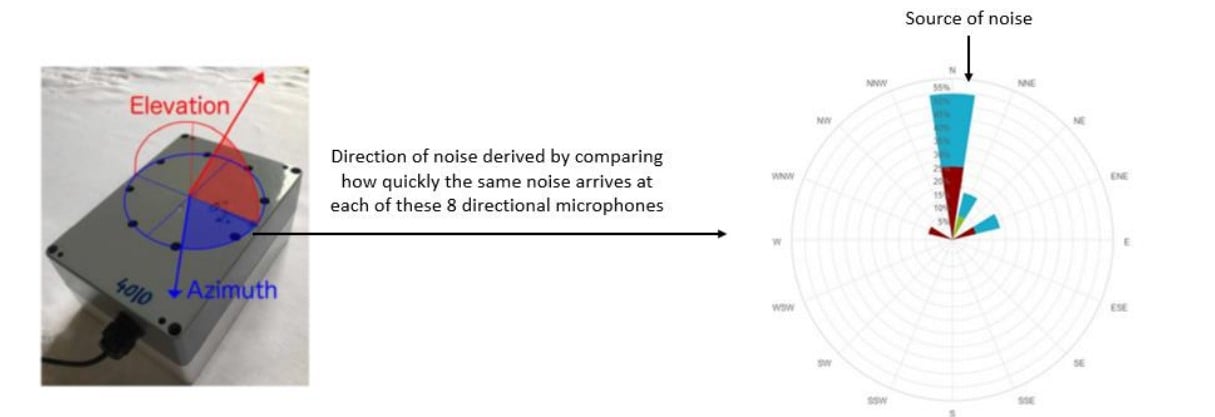
Source: MinLaw, MCCY & MND
It’s also complemented by a non-directional microphone that can gauge the intensity of the noise.

Source: MinLaw, MCCY & MND
The statement said data from the noise sensor will be transmitted in real-time to Singapore-based servers with strict access controls for processing only.
No raw recordings will be stored, and CRU officers will not be able to listen to any raw recordings.
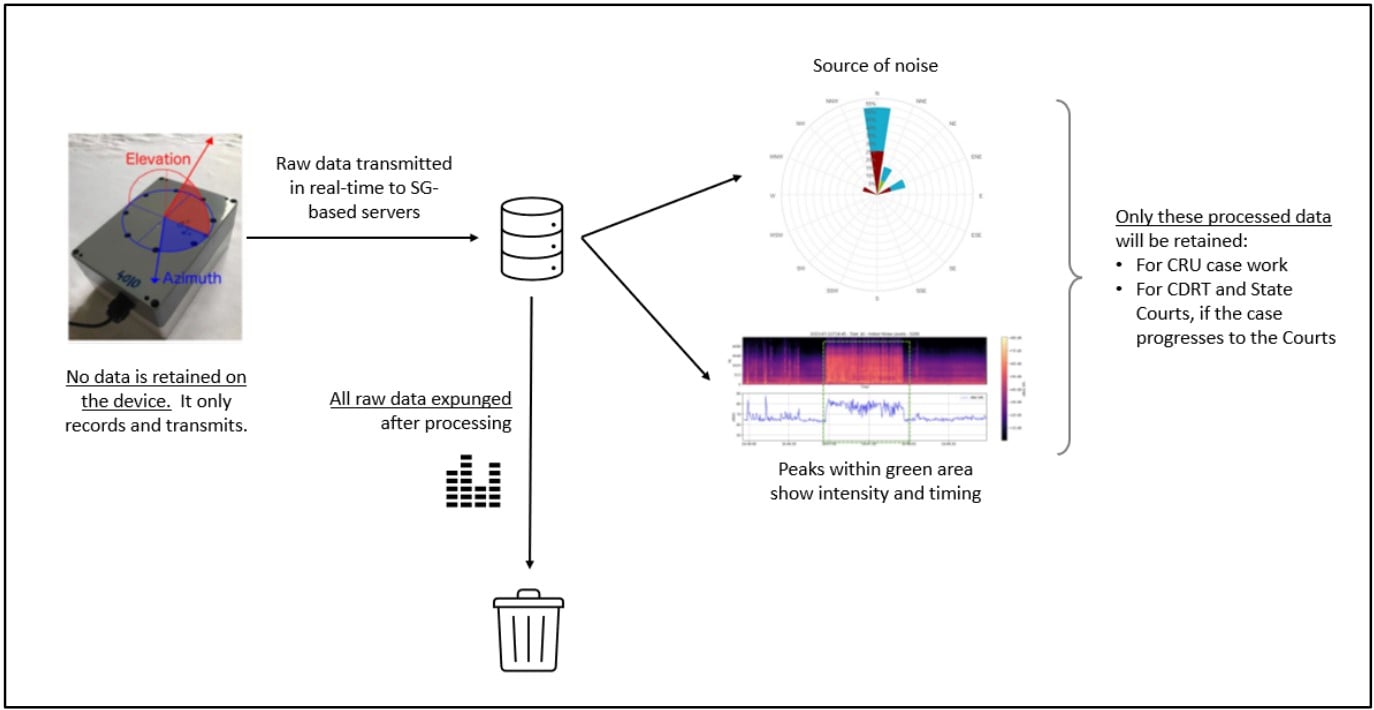
Source: MinLaw, MCCY & MND
All raw data will also be expunged after processing.
HDB may consider acquiring flats of recalcitrant cases
The authorities will also allow HDB to consider Compulsory Acquisition (CA) of the flats lived in by recalcitrant cases.
This will happen only “as a deterrent and the absolute last resort for severe, recalcitrant nuisance-making”, the statement said, adding,
This lever will only be considered where all other levers have failed, and CA is needed to protect the interests of other residents. This will be similar to the throwing of killer litter, where HDB can consider CA of flats for convictions under the Penal Code.
As for severe hoarding, the CRU can apply for a Community Disputes Resolution Tribunal (CDRT) to order the decluttering of a unit.
This will happen after the CDRT is satisfied that the hoarding “has caused unreasonable interference to the hoarder’s neighbour and the hoarder has not complied with an initial CDRT order to declutter”.
Again, this will be “a measure of last resort” after existing measures have been exhausted.
Neighbours encouraged to communicate frequently
The ministries nevertheless encouraged neighbours to “come together often and communicate frequently, with empathy and consideration for each other”, saying,
Such ties go a long way to building social capital that can weather everyday frictions.
The majority of feedback from members of the public agreed that this was important as it paves the way for more open communications and amicable resolution in the event of disputes.
Some active steps that can be taken include practicing empathy, taking responsibility for one’s actions, and being considerate to one another.
Also read: Sengkang Resident Plays Chants Loudly Throughout The Day, Neighbours Complain Of Noise
Sengkang Resident Plays Chants Loudly Throughout The Day, Neighbours Complain Of Noise
Have news you must share? Get in touch with us via email at news@mustsharenews.com.
Featured image adapted from MinLaw, MCCY & MND.
